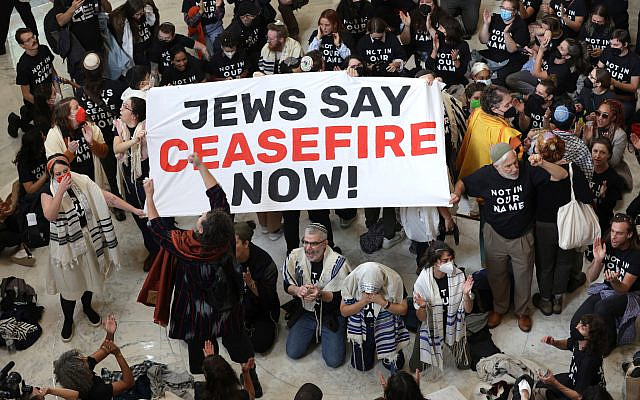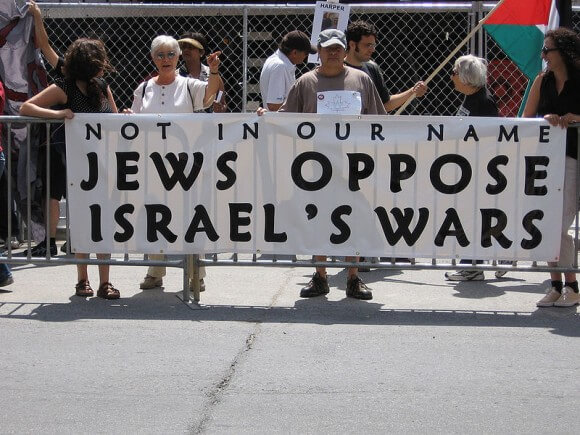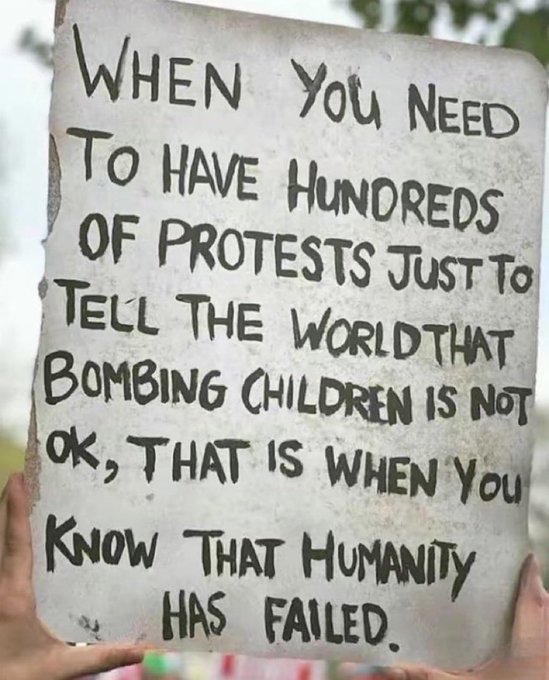ed note–now, for those who are easily seduced by the siren songs of con artists such as these–



–and in particular, all that nonsense that this is a ‘zionist’ thing and not a ‘Jewish’ one, since, after all, as they claim, Judah-ism is a religion of ‘love, peace, and justice’ and would never, ever allow or cause the DELIBERATE suffering of Gentiles by keeping back needed medicines and ESPECIALLY pain medication…
‘READ IT AND WEEP’
–as the old saying goes…
‘When the Lord your God brings you into the land you are to possess and drives out the many nations larger and stronger than you, and when the Lord your God has delivered them over to you and you have defeated them, then you must destroy them totally. Make no treaty with them, and show them no mercy. Do not save alive anything that breathes…Do not intermarry with them…Do not give your daughters to their sons or take their daughters for your sons…Break down their altars, smash their sacred stones and burn their idols in the fire, for you are a people holy to the Lord your God who has chosen you out of all the peoples on the face of the earth to be his people, his treasured possession…’ –Book of Deuteronomy
Quds News Network
Doctors across the Gaza Strip are describing the necessity of performing surgical procedures on patients without anesthesia, treating festering wounds with limited medical supplies, and reluctantly turning away chronic medical cases.
One physician stated in a press release, ‘Due to the shortage of anesthesia, we leave patients screaming for hours.’
The World Health Organization (WHO) has characterized the medical situation in the Gaza Strip as a condition ‘beyond description.’
The organization reports that 23 hospitals in the Gaza Strip are now out of service, with 12 operating partially and one functioning at a minimal capacity. Relief organizations, including the WHO, state that there are ‘repeated restrictions on the entry of medical supplies and cases of rejection as well.’
Hospitals operating beyond capacity
Many hospitals in the Gaza Strip are overcrowded with patients and have limited equipment, according to healthcare workers. Reports indicate that some hospitals in the southern Gaza Strip are operating at over 300% of their bed capacity.
According to the World Health Organization, four field hospitals have been established in the Gaza Strip, providing a total of 305 beds.
The organization noted that Nasser Medical Complex in southern Gaza was the latest healthcare facility to go out of service, following its invasion by Israeli forces.
The medical teams working in nearby hospitals say that the Israeli military operation in the Nasser Complex has imposed additional pressure on them.
Youssef Al-Aqad, the director of the European Hospital in Khan Yunis, southern Gaza, described the current situation there as ‘the worst we have witnessed since the beginning of the war.’
He stated, ‘This situation was already difficult. What do you think of the hospital’s condition after receiving thousands of displaced people who are now residing in corridors and public areas?’ He added that the hospital did not have a sufficient number of beds for patients in need of treatment. Therefore, hospital staff are placing blankets on metal and wooden structures, placing ‘many patients on the ground without anything.’
Other doctors from across the Gaza Strip described similar conditions. Dr. Marwan Al-Hams, the director of the Martyr Mohammed Youssef Al-Najjar Hospital in Rafah, stated, ‘Even when heart patients come to us, some of them have had their hearts stop. We place them on the ground and start dealing with them due to the lack of sufficient beds.’
Medications and medical supplies
Doctors say they face difficulties working due to limited medical supplies. One physician told reporters, ‘We cannot find even a single dose of oxygen.’
Another doctor stated, ‘We lack anesthetics, essential supplies for intensive care units, antibiotics, and finally, painkillers. Many people have suffered severe burns, and we have no suitable pain relievers for their pain.’
A doctor confirmed that surgeries are being performed without anesthesia.
A team from the World Health Organization reported recently meeting a seven-year-old girl at the European Hospital in Gaza with 75% burns. However, she couldn’t get pain relievers due to the lack of supplies.
Dr. Mohammed Saleh, acting director of Al-Awda Hospital in northern Gaza, mentioned that people are being transported to the hospital on carts pulled by donkeys and horses.
He said, ‘The disaster is when patients’ wounds become infected, staying open for more than two or three weeks.’
He added that doctors there perform surgeries under the light of head-mounted lamps due to power shortages.
Separation of medical teams from their families
The World Health Organization says there are about 20,000 healthcare workers in Gaza, but most cannot work, ‘as they struggle to survive.’
Dr. Youssef Al-Aqad stated that the number of medical teams and volunteers in his hospital has increased due to people displaced from other areas coming to help. However, he noted that the number was not sufficient to deal with the number of patients and the types of injuries they receive.
Following the bombardment, Dr. Al-Aqad mentioned that the injured come to the hospital looking like ‘meatballs’ – referring to the famous dish made from minced meat. ‘The same person comes with injuries to the brain, broken ribs, and broken limbs, and sometimes a lost eye… Every imaginable injury, you can see it in our hospitals.’
He added that one patient may need five or more specialized doctors to deal with the diverse range of injuries.
Dr. Saleh, in northern Gaza, whose family moved to the south for safety, said, ‘My family has been away from me for over three months, and I miss hugging them.’ Some doctors continuing to work have had to separate from their families.
He added, ‘My consolation is that I am here serving children, women, and the elderly in receiving healthcare and saving their lives.’
No room for chronic patients
Dr. Al-Aqad said, ‘Frankly, we have no empty beds for them or any possibility to monitor their cases.’
He added, ‘For anyone who used to undergo kidney dialysis four times a week, he now does it once a week. If this person used to wash for 16 hours a week, now he washes for one hour.’
Some women give birth in tents without any medical support, while hospitals offering maternity services say they have limited capacity.
Dr. Saleh said, ‘In one section, one person dies, and in another section, another is born. Children are born, and there is no milk for them. The hospital provides one milk box for each child.’
People come to hospitals with diseases that have spread in unsanitary and overcrowded conditions.
Abu Khalil, a 54-year-old citizen who moved to Rafah in southern Gaza, said, ‘There are diseases, and we cannot find a cure for them.’
He continued, saying, ‘We have to go out at dawn and stand in line to find medicine. You might find maybe 100 people in front of you in line. So, you return empty-handed.’
